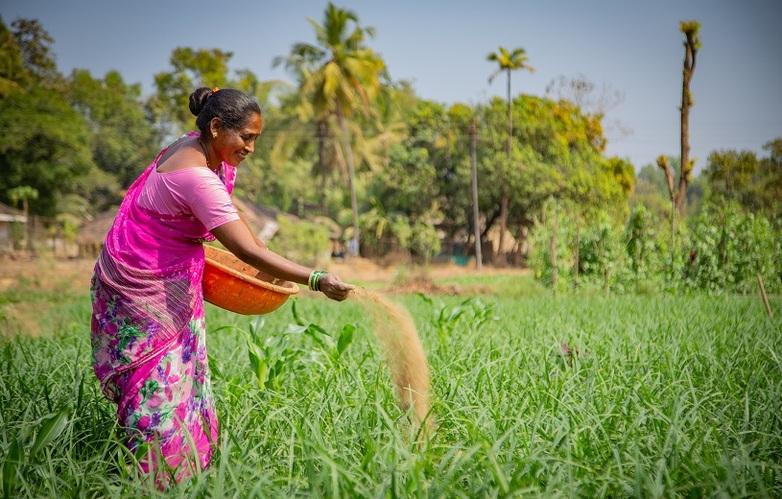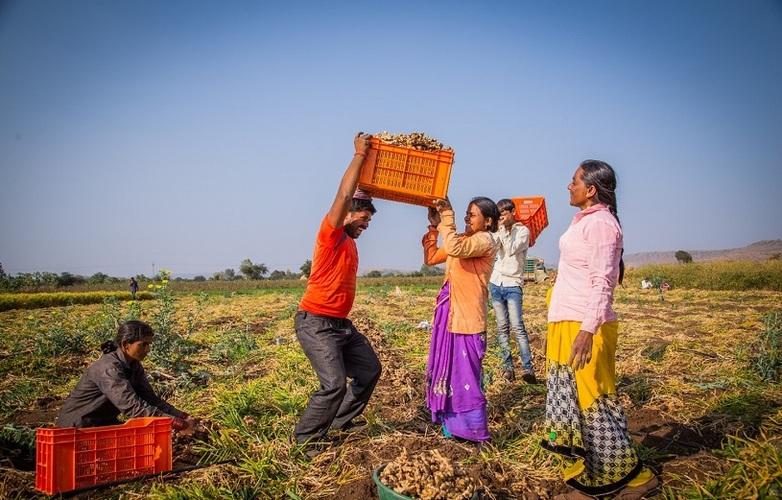Context
Agriculture and food systems are central to India’s economy, providing livelihoods for more than 50 per cent of the population. The Green Revolution is transforming the country from a food-scarce to a food-secure nation. However, while ensuring food supply, it negatively impacts diversification in production and diets. The environmental and social problems associated with industrial agriculture are becoming increasingly evident: 71 per cent of India’s cultivated land is overused, affecting its ability to sustain farming. Land holdings have reduced in average size from 2.28 hectares (ha) in 1970-71 to 1.08 ha in 2015-16. Climate change further compounds these challenges.
The Government of India increasingly promotes agroecological approaches, as they show promise in increasing farm incomes, re-cultivating degraded land, improving nutrition security through diversification and reducing adverse environmental impacts. India has a growing number of climate-friendly business models combining traditional circular farming practices with innovative technological and management approaches. Several state initiatives have been launched to shift to organic and natural farming.


